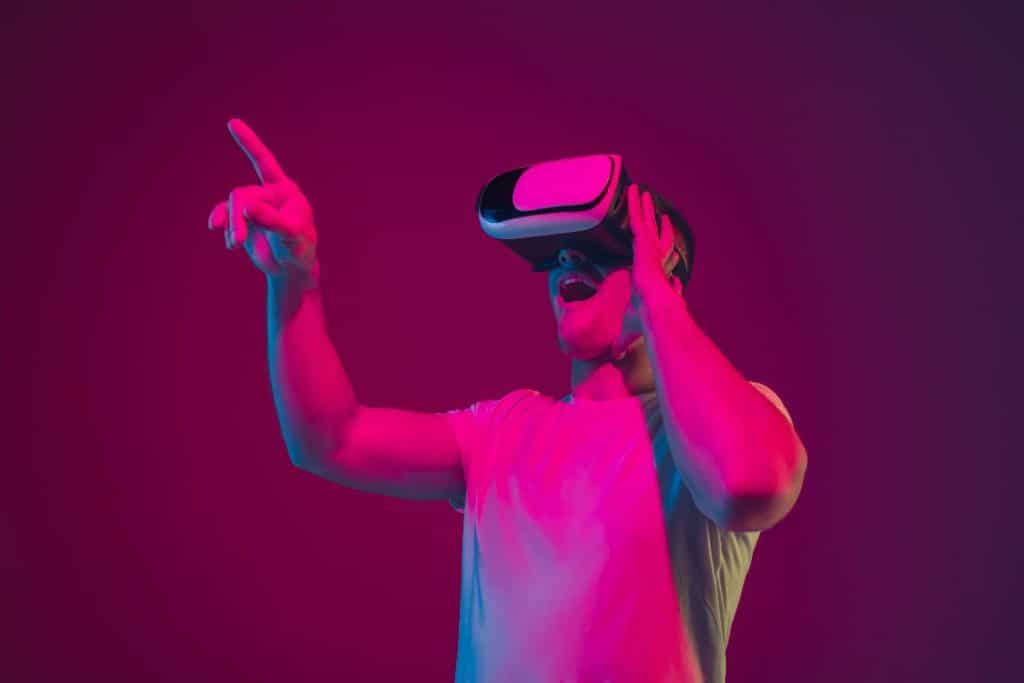Is the metaverse the future? This prospect seems to scare users in the United States. This is what emerges in a survey conducted by The Harris Poll.
The survey on the metaverse: half are afraid
The Harris Poll conducted a survey of more than 2,000 adults in the US, aged 18-54.
More than half of the respondents (52%) said they were afraid that the metaverse and its technology would lead to the abandonment of the physical environment and the risk of losing existing relationships in reality, leaving users unable to create new ones.
The same respondents are 80% attracted to augmented reality and virtual reality technologies, 57% of them are interested in NFTs and 51% in cryptocurrencies. But they do link them to the world of the metaverse.
In their view, the metaverse should still be more about entertainment than business.
The other fear among US users is that the metaverse will become the domain of big tech companies, such as Amazon, Meta, Apple or Google.
Prospects for the metaverse
This is not the first Harris Poll research on the metaverse.
The results of a poll published in December 2021 show another surprising outcome: only 38% of Gen Z members think the metaverse is “the next big thing” and will be part of our lives for the next decade. However, 7 out of 10 think they will interact with the metaverse.

The development of the metaverse
The metaverse has been considered one of the trends of 2022. But what is a metaverse? The answer to this question is not yet clear. The future is divided between those who believe that there could be a single metaverse, perhaps run by a large company like Meta. Or there will be many small metaverses where people can interact and play, using NFTs and cryptocurrencies to live in such an immersive reality.
Certainly, the metaverse theme is raising a lot of hype.
Facebook is betting a lot on the metaverse, so much so that it has changed its name to Meta. Mark Zuckerberg’s team is working on the creation of a real virtual reality, Horizon, where according to the founder of the social network the difference with reality will be very minimal.
But this development of meta-verses is also causing a lot of concern in the scientific community. The fears of US citizens surveyed by The Harris Poll are well-founded. The psychological effects of the metaverse need to be investigated. In the metaverse, the user risks living in a potentially perfect parallel reality, where his or her own avatar is perfect, when alone, perhaps in their bedroom. This hallucination is likely to produce even more devastating effects than those found in the use of social networks.
Therefore, the metaverse, because of its detachment from reality (the real one), must be experienced with instructions for use and caution, otherwise it risks turning from an exciting experience into discomfort.
The post Who is afraid of the metaverse appeared first on The Cryptonomist.





















